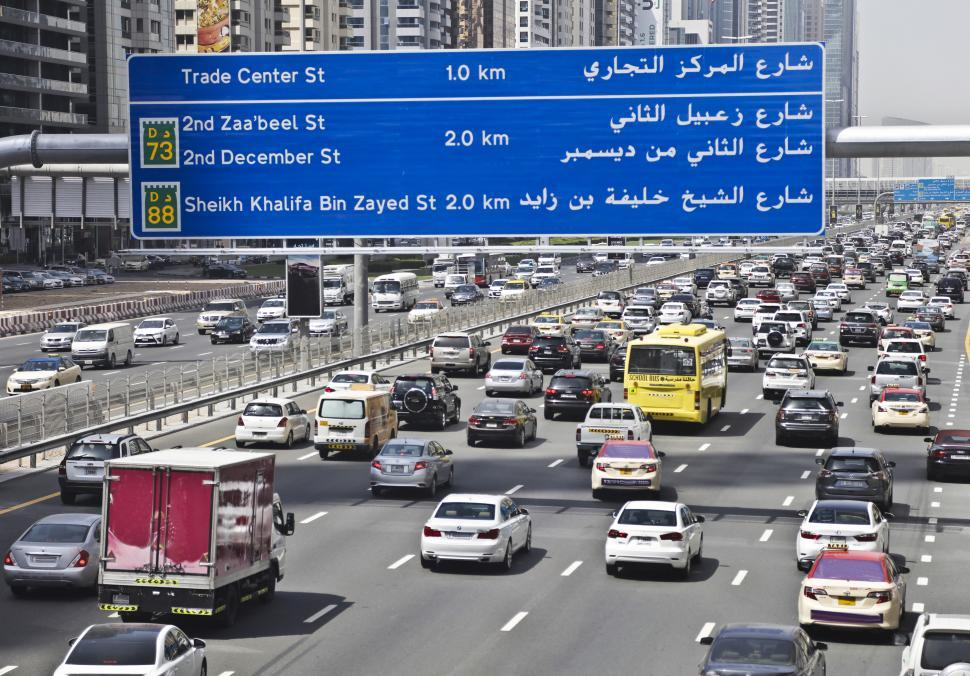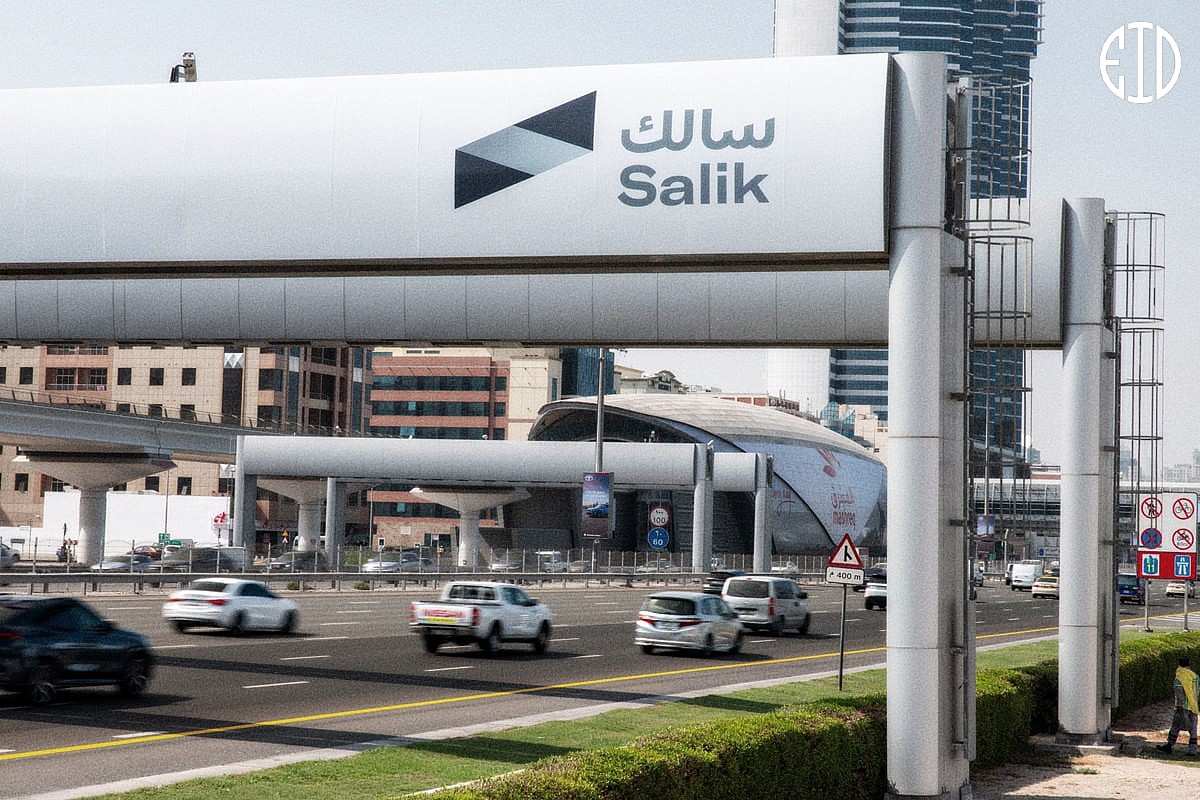During Ramadan, offices and schools adjust their schedules to accommodate fasting individuals, potentially altering peak traffic times. A study by a Dubai-based insurance company analyzed accident claims from the previous Ramadan, highlighting the need for motorists to be cautious between 1pm and 4pm, the period when most accidents occur. Wednesdays are identified as the riskiest weekdays, while weekends are safer for road users.
The study, conducted by Tokio Marine and RoadSafetyUAE, examined 1,320 motor insurance claims from March 22 to April 20, 2023, to raise awareness about road safety during Ramadan. It revealed that over 50% of accidents are caused by a third party, with 36% attributed to shared fault.
Peak accident times are between 1pm and 4pm, accounting for 35% of accidents, followed by the late morning rush hour from 9am to 12pm at 21%. Wednesdays are the most dangerous working day at 19%, followed by Mondays and Thursdays at 16% each. Tuesdays see 15% of accidents, Fridays 13%, and weekends have fewer accidents at 12% and 9%, respectively.
The study also highlighted that motorists aged 30-39 years are most vulnerable, followed by those in the 40-49 age bracket. Takako Matsuo, senior manager of Direct Business and Marketing at Tokio Marine & Nichido Fire Insurance Co., Ltd, emphasized the importance of road safety during Ramadan due to the challenges posed by fasting.
RoadSafetyUAE founder and managing director Thomas Edelmann advised all road users to be extra cautious during Ramadan, noting the mix of psychological urges and physical needs as potential triggers for irresponsible driving behavior. RoadSafetyUAE shared safety tips, including being aware of personal limitations, driving defensively, planning for possible delays, wearing seat belts, and avoiding fatigue.
Dubai’s Roads and Transport Authority (RTA) urged motorists to avoid driving while exhausted or sleepy during Ramadan, emphasizing the dangers of reduced concentration due to fasting. RTA’s traffic safety strategy aims to reduce traffic-related fatalities, with a 93% reduction recorded from 2007 to 2023. They advised drivers to avoid driving immediately after consuming a large meal, exercise patience, anticipate congestion, refrain from disputes with other motorists, and avoid sleeping in a car with all windows closed and the air conditioning on. Using public transportation is recommended if fasting significantly affects concentration or increases stress.












